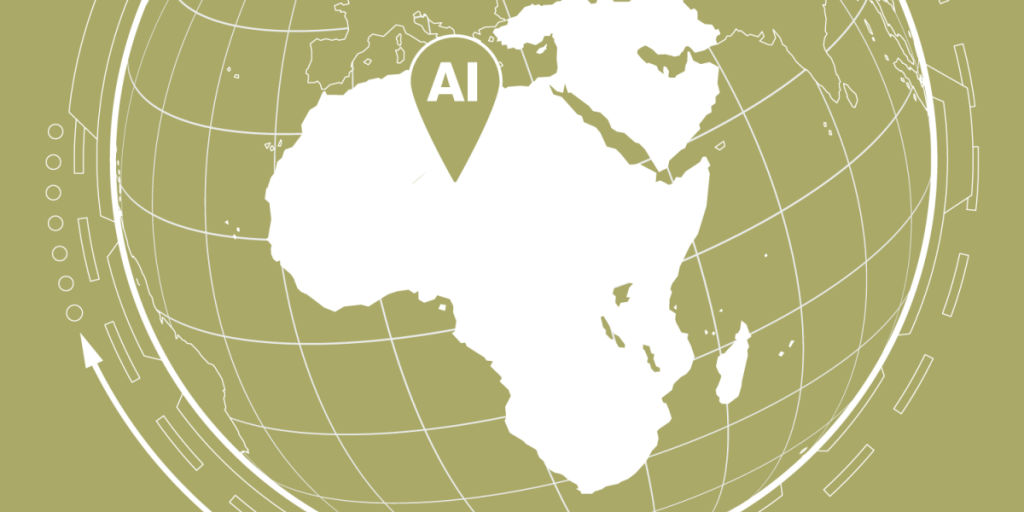The Middle East and Africa are unique settings for AI, compared to Western regions—and to each other. The wealthier Gulf Cooperation Council (GCC) nations are exploring AI as part of broad economic transformation plans to wean themselves from oil and reinvest surpluses into innovation, while in Africa, above and below the Sahara, AI efforts are more bottom-up, often through partnerships with global tech companies and local startups, tackling social challenges including health care and food security. The key findings of the report are as follows:
- By the end of 2019, 82% of respondents in the region had launched AI programs. Executives in the Middle East and Africa are strongly engaged in AI and already seeing benefits to operational efficiency and management decision-making. The appetite for AI will continue in the years ahead with the largest majority of respondents (44%) expecting AI to power 21%-30% of their business processes in three years’ time.
- Customer service is the business department most actively using AI across the region. Organizations in both regions are focusing heavily on customer relationships, evidenced through innovations like chatbot advisors in financial services, machine learning-based credit scoring, and ride-hailing conveniences, often supported by homegrown startups tailoring products to local conditions. While less than a third of respondents are currently using AI to grow revenue, sales and marketing will be a major AI growth area in the years ahead.
- Change management and data issues top the region’s AI obstacles. Changing business processes around AI was the greatest AI challenge globally, finds the survey, and this obstacle is felt even more keenly in the Middle East and Africa than in other regions (58% compared to the global average of 51%). Data quantity, quality, or availability is also cited as a top constraint; the main reasons being the difficulty of interfacing with open-source platforms, integrating unstructured data, and managing models for bias.
Download the full report.

